tryptophan for dogs
Price range: $100.00 through $150.00
tryptophan for dogs
Tryptophan is an essential amino acid that plays a vital role in the production of serotonin, a neurotransmitter that regulates mood and behavior in dogs.
Supplementing with tryptophan for dogs can help alleviate anxiety, promote relaxation, and improve overall well-being, especially during stressful situations like thunderstorms or fireworks.
Available in various forms, including powders, tablets, and liquids, tryptophan supplements typically range from 100 mg to 500 mg per dose, depending on the dog’s size and needs.
To administer, consult your veterinarian for the appropriate dosage, which is generally around 5 mg per pound of body weight.
Tryptophan can be given with food to enhance absorption and minimize gastrointestinal upset.
While tryptophan is generally safe for dogs, some may experience mild side effects such as drowsiness or gastrointestinal issues.
If your dog shows any adverse reactions, monitor their condition closely and consult your vet for guidance.
As pet owners increasingly recognize the importance of mental health in dogs, tryptophan offers a natural and effective option for promoting calmness and reducing anxiety.
By being informed about this beneficial supplement, you can take proactive steps to enhance your dog’s well-being and happiness.


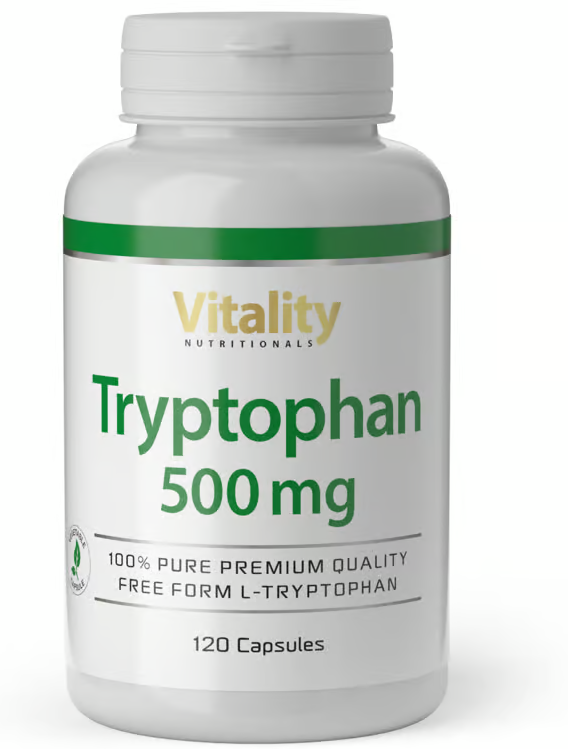
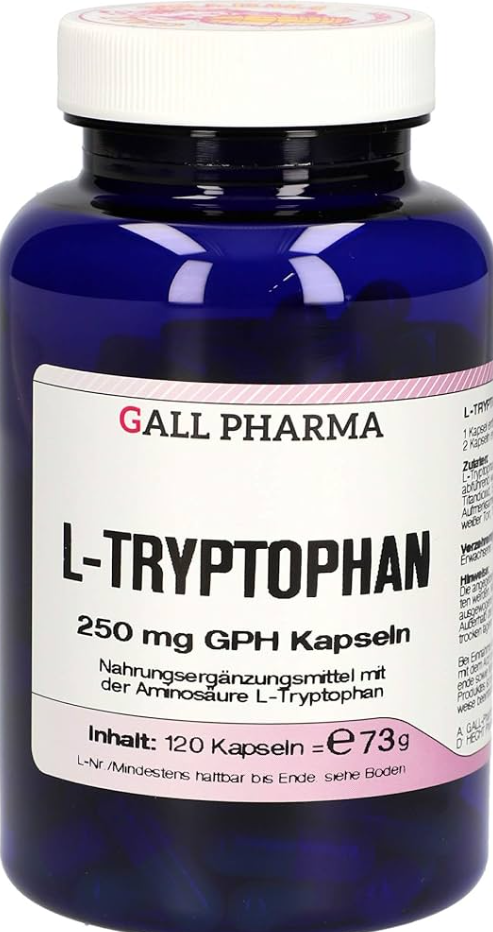
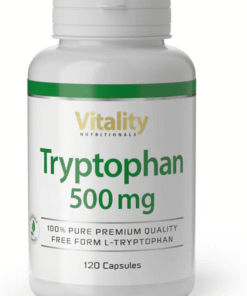

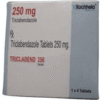
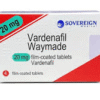


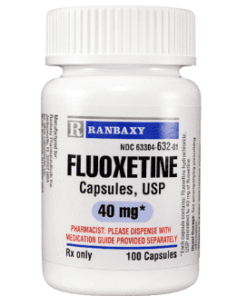
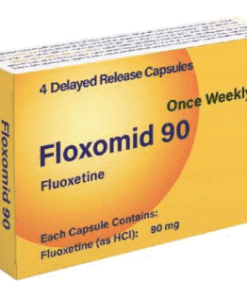
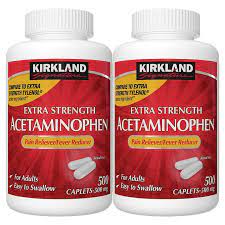
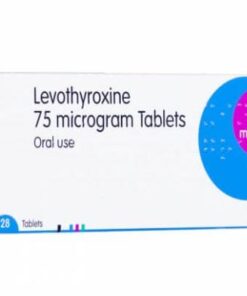
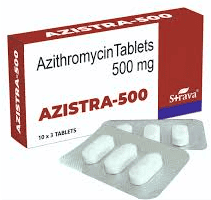
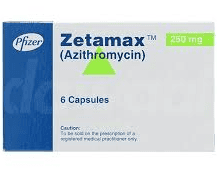
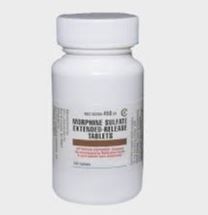
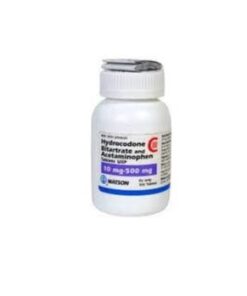

Reviews
There are no reviews yet.